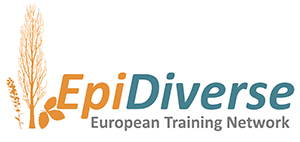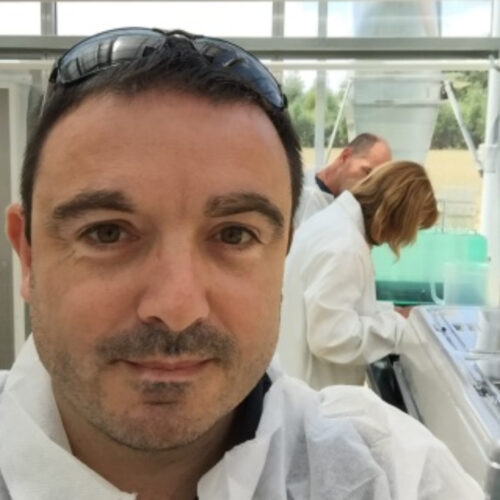Stéphane Maury is Professor of Plant Physiology and Epigenetics at the University of Orléans in FRANCE. He is graduated with a PhD in Molecular and Cellular Biology of Plants from IBMP CNRS, University of Strasbourg. He was recruited in 2000 at the University of Orleans as assistant professor at the Laboratory of Biology of Woody and Crops at the University Orléans and INRAe where he initiated and developed a research program in epigenetics and plant breeding in partnership with the seed private sector for more than 10 years on sugar beet. He then developed a new epigenetic axis on poplar, the model tree, and is now the leader of the research team ARCHE working on abiotic stress in trees and epigenetics. His research combines ecophysiology and epigenomics at the level of the individual and populations and works in international collaboration with various laboratories. He is actually the coordinator of the national ANR project EPITREE 2018-2022 for Evolutionary and functional impact of EPIgenetic variation in forest TREEs (https://www6.inrae.fr/epitree-project_eng/) and the coordinator of the WG1 of the EU EPI-CATCH COST action 2020-2024 (https://www.cost.eu/actions/CA19125/#tabs|Name:overview).
Laboratory of Woody and Crop Plants
Phone: +33 (0)2 38 41 70 22
UPRES EA 1207 University Orléans (France)
Fax: +33 (0)2 38 49 49 11
ARCHE USC1328 INRAe
stephane.maury@univ-orleans.fr
rue de Chartres, BP6759,
COST, 45067 Orléans Cedex 2 France
Abstract
Evolutionary and functional impact of epigenetic variations in forest trees facing climate change (EPITREE)
Stéphane Maury1, Mamadou Dia Sow1,5, Julien Vigneaud1, Régis Fichot1, Alain Delaunay1, Isabelle Le Jan1, Marie Mirouze2, Steven H Strauss3, Vincent Segura4, Jérôme Salse5, Christophe Ambroise6, Jörg Tost7 & Christophe Plomion8
1 LBLGC – University Orléans INRA, Orléans, France
2 LPGD – IRD, Perpignan, France
3 Department of Forest Ecosystems and Society – Orgeon University, Corvallis, USA
4 BioFoRa – INRA, Orléans, France
5 GDEC – INRA, Clermont-Ferrand, France
6 LaMME – University Evry, Evry, France
7 LEE – CNRGH CEA, Evry, France
8 Biogeco – INRA University Bordeaux, Cestas, France
Forest die-off is reported all around the world due to heat and drought stress episodes. As fixed and long living organisms subjected to repeated environmental stresses, trees have developed mechanisms enabling them to cope with fluctuating environmental conditions. We proposed epigenetics as a hub of integration in meristematic cells linking developmental and hormonal responses with changing environment. This was based on our studies in the shoot apical meristem of poplar under water deficit conditions (Lafon-Placette et al., 2018; Le Gac et al., 2018; Sow et al., 2018a; Le Gac et al., 2019; Maury et al., 2019; Vigneaud et Maury, 2020). Our objective is now to evaluate how DNA methylation can significantly participate to plasticity and adaptation in natural populations of trees facing climate change in order to test potential uses for trees breeders and forest managers (Sow et al., 2018b; Amaral et al., 2020; Kakoulidou et al., in submission).
Recently, we used a reverse genetic approach and found that poplar trees with altered methylation profiles are affected for their tolerance to drought. In addition, we have identified genes and transposable elements targeted during this process and highlight a trade-off situation between plasticity and genome integrity in meristematic cells (Sow/Le Gac et al., 2021 revision).
Finally, in the EPITREE project, we are evaluating the adaptive potential of DNA methylation variations in natural tree populations (Poplar and Oak). This study is also associated to the EPICATCH COST action aiming at defining the role of epigenetic mechanisms for crop adaptation to climate change.





